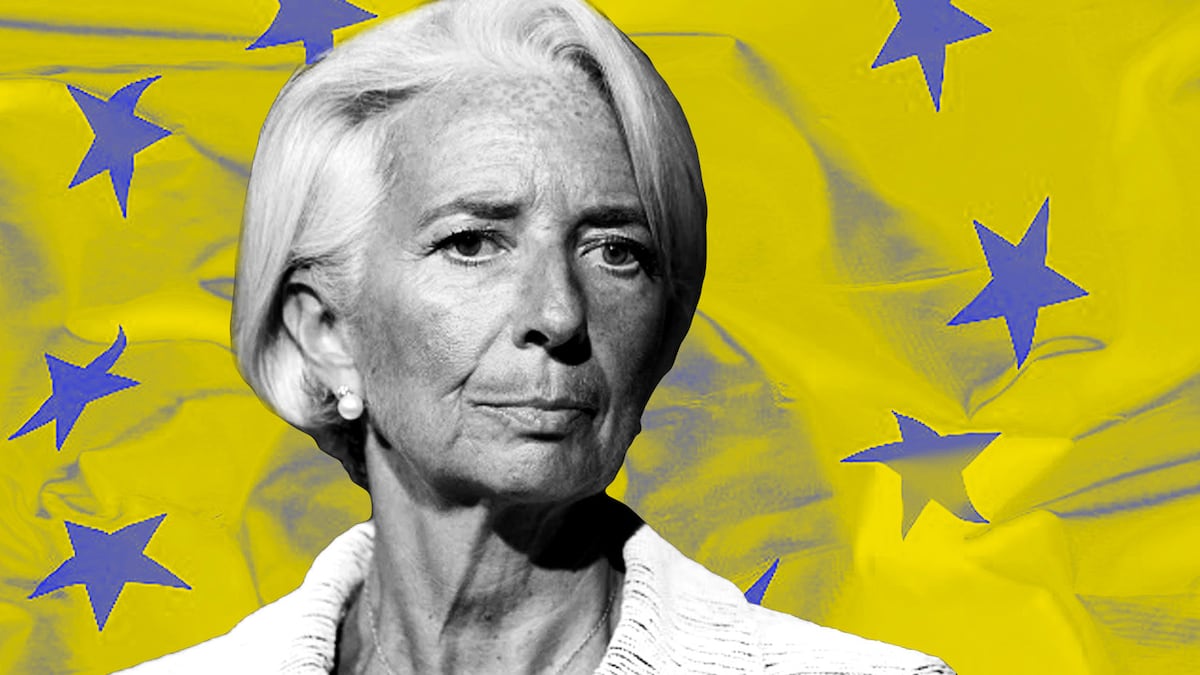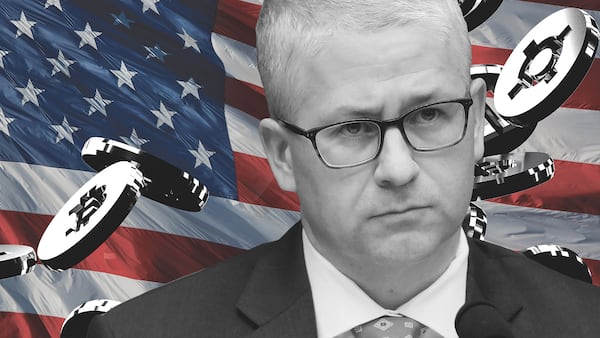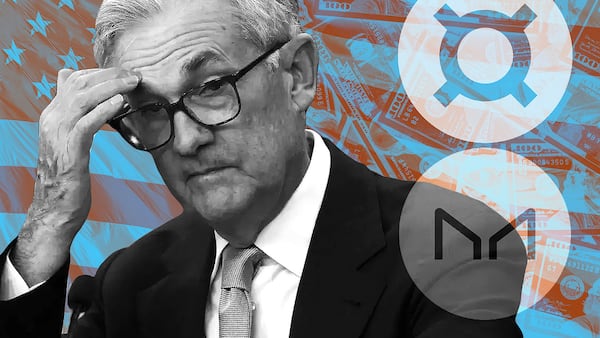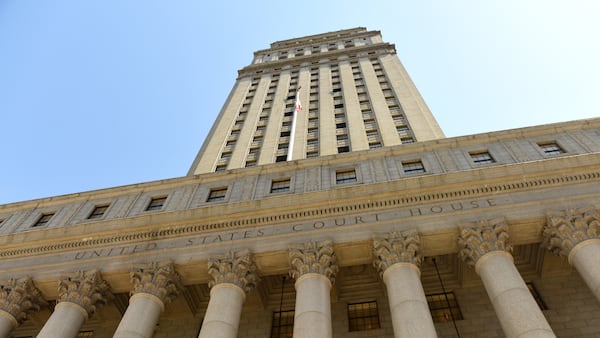- Next step in development of CBDC at ECB still a ways off as EU lawmakers remain wary.
- Member of European Parliament says political process may play out before central bank can move forward.
Those anticipating — or dreading — that the European Central Bank would make a final call on the implementation of the digital euro in October may be relieved to find this will not be the case.
Policymakers and digital finance industry players have received mixed messages on what to expect from the ECB this month as it completes a two-year exploration into a retail central bank digital currency.
Stefan Berger, a German centre-right policymaker who was appointed to lead negotiations on the digital euro in the European Parliament, confirmed there is no imminent decision.
“The ECB’s decision can only be expected after the committee vote, the plenary vote and a subsequent trilogue negotiation,” Berger told DL News in an email.
To CBDC, or not to CBDC
Translation: The central bank’s top dogs will not make any decision about a digital euro roll-out for at least another six months. The interval gives time for European institutions to come to an agreement on what the legislative groundwork would look like for a digital euro.
“The ECB will ultimately decide whether there will be a digital euro,” Berger said. “Until then, numerous open questions must be clarified.”
ECB president Christine Lagarde has assured lawmakers that the digital euro will not hit the market yet.
A group of parliamentarians last week urged the European Central Bank to hold off on the decision to push ahead with a CBDC.
“We find it neither necessary nor desirable to rush the implementation of this project prior to the comprehensive discussion on the outstanding issues,” six members of the European Parliament from the economic affairs committee wrote in a letter to the ECB.
‘The ECB might have been surprised by the intensity of political adversity.’
— Xavier Lavayssière
Concerns include costs the digital euro may impose on the commercial banks, which are expected to host the CBDC. There are also questions around what value the digital euro would provide ordinary users. Implications for the financial sector “remain mostly uncertain at the moment,” the letter said.
The complicated build-up to a possible digital euro reflects forces at work not only in Brussels, but in capitals around the world. While some policymakers may see the advent of digital fiat currency as an innovation, many in the crypto space are wary of the potential for central banks to monitor consumers’ spending habits via CBDCs.
Indeed, a number of EU members of Parliament share wariness about a digital euro. Lagarde and top European officials have had to deflect claims the central bank digital currency was a “Big Brother” scheme or a “conspiracy theory” for mass surveillance.
“The ECB might have been surprised by the intensity of political adversity,” Xavier Lavayssière told DL News, digital finance lecturer at Panthéon-Sorbonne University in Paris who closely follows the development of the digital euro.
Even as the EU sets the pace on crypto policy in the West, the ECB may take weeks to make a call on taking the “next phase” of the digital euro project.
The ECB did not respond to a request for comment on the matter.
The next phase
Fabio Panetta, an executive ECB board member, told the European Parliament in January that “moving to the realisation phase does not mean issuing the digital euro.” It would mean that the ECB may iron out the technical and business details for when the ultimate decision comes.
But even this might be a step too far for the sceptics in the parliament’s economic affairs committee.
“I very much believe that we should first conclude the political process before diving head first into the technical details of the next phase,” Markus Ferber, a German centre-right parliamentarian who signed onto the letter to the ECB, told DL News in an email. He added had not heard back from the ECB.
“My understanding is that the Governing Council of the ECB will take a decision on the next phase of the digital euro project this month,” Ferber said. And, he expects the ECB to push the project forward with implementation.
As for Lagarde, she said more prototype-building is in order.
“The pilot will probably take us another two years at least before it’s the final say by the Governing Council,” she told members of the European Parliament’s economic and monetary affairs committee in a quarterly meeting in September.
Inbar Preiss, DL News’ EU regulatory correspondent, is based in Brussels. Have a tip? Contact the author at inbar@dlnews.com.





